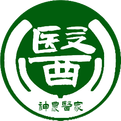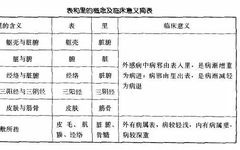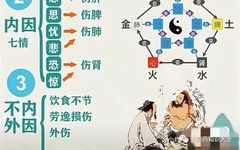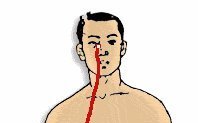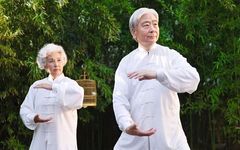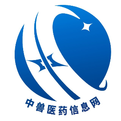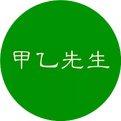Comprehensive Guide to the Eight Principles of Diagnosis in TCM
Comprehensive Guide to the Eight Principles of Diagnosis1. Concept1. Eight Principles: Refers to the eight diagnostic principles: Exterior, Interior, Cold, Heat, Deficiency, Excess, Yin, Yang.2. Eight Principles Diagnosis: This is the process by which a physician uses the theory of the Eight Principles to analyze and synthesize various clinical data obtained through observation, listening, questioning, … Read more

